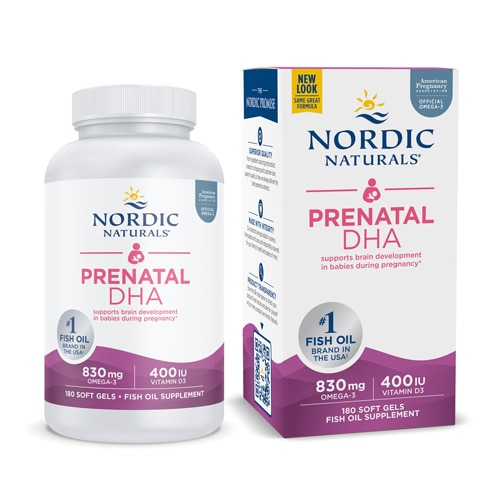If you thought cravings were intense during pregnancy, just wait! Breastfeeding invokes a whole new level of hunger. But any breastfeeding diet tips you get are usually rife with old wives’ tales that can make the whole process very confusing. The simple truth is proper nutrition while nursing is just as important as it was before that bundle of joy made her debut. However, there are a few ways you can shift your focus to ensure optimal health for you and a good milk supply for baby.
What’s considered the best food for breastfeeding mothers will vary slightly from woman to woman, but let these nutrition facts be your foundational guide.
Increase calories from protein
The more milk you make, the more calories your body burns. To be exact, you expend about 85 calories to make 100 mL of milk. This amounts to about 330 extra calories you need to add to your breastfeeding diet during the first six months of lactation. Not to worry, this will still allow for pregnancy fat stores to be used. A nursing mother also needs about 25 extra grams of protein per day. An extra Greek yogurt, an egg and a glass of milk can satisfy both the extra calorie and protein requirements. While many mothers do wish to lose pregnancy weight, it is not recommended to dip below 1,800 calories per day during lactation. Otherwise, you risk the chance of producing less breastmilk for baby.
Hydrate normally
Contrary to popular belief, drinking extra fluids will not increase milk supply. Mothers should be sure to drink adequate fluids, of course. However, taking in extra liquid – above normal requirements – will not translate to an increased milk supply. Of course, still be mindful of what you drink. Water is always the preferred source of hydration. As with any healthy eating plan, limit (or eliminate) vitamin-infused drinks and fruit juices. These simply provide added sugar and little to no nutritional benefit.
Enhance the essentials
The quality of breastmilk, or nutrient content, remains fairly constant and only is affected when the mother is extremely deficient or malnourished. That said, there are a few key nutrients in breastmilk that are a reflection of your diet and lifestyle. These include selenium, iodine, some B vitamins and vitamin D. Make sure your breastfeeding diet contains a sufficient amount of these key vitamins and minerals. If you become deficient, a dietary supplement can fill in those gaps.
Also, it is always recommended for new moms to keep taking a prenatal multivitamin while nursing. A prenatal formula with essential fatty acids could be a smart choice for fish-free diets. While the recommended amount of omega-3 fatty acids is the same as during pregnancy, DHA and EPA are a top nutrition priority for infant brain development. Having about two servings of fatty fish per week can help meet this need – just avoid high-mercury fish, such as shark, tilefish, swordfish and king mackerel.
Stick to your specialty diet
Mothers who follow a specialty diet can still safely breastfeed. The key is to get proper nutrients through a varied diet and supplement specific nutrients only if a deficiency has been identified. Vegetarians and vegans with well-planned meals can easily get the nutrients they need for a healthy milk supply with one exception. Those following a vegan diet are encouraged to take a vitamin B12 supplement. If you have a very restricted diet, talk with a dietitian, certified lactation consultant or your doctor.
Be selective with supplements
Aside from being a fun name to say, galactogogues are medications, herbs, supplements or foods that are purported as breastmilk stimulants. It’s very common to hear about “natural remedies” to increase milk supply, such as brewer’s yeast, fenugreek, milk thistle, oatmeal, beer and a slew of other supplements. Unfortunately, there is no conclusive evidence from scientific research to claim any of these galactogogues do, indeed, increase milk supply. Of course, you can’t ignore that generations of mothers have touted their efficacy. Generally speaking, galactogogues are safe to use in moderation. One important note: beer is not a safe or effective way to increase your milk supply. And you should always tell your doctor about any supplements you are using.
The important thing to remember is that the quantity of milk a mother produces is most often related to frequency of feedings, positioning or physical challenges with mother and/or child. The cause of the issue should always be addressed first, as there are no amounts of nutrients or supplements that can fix those underlying problems. However, very poor nutrition can lead to an insufficient milk supply. Quality of milk, on the other hand, will not suffer until extreme famine occurs. To get answers specific to your breastfeeding experience, it is highly recommended that you work closely with a certified lactation consultant and find a local breastfeeding support group.




